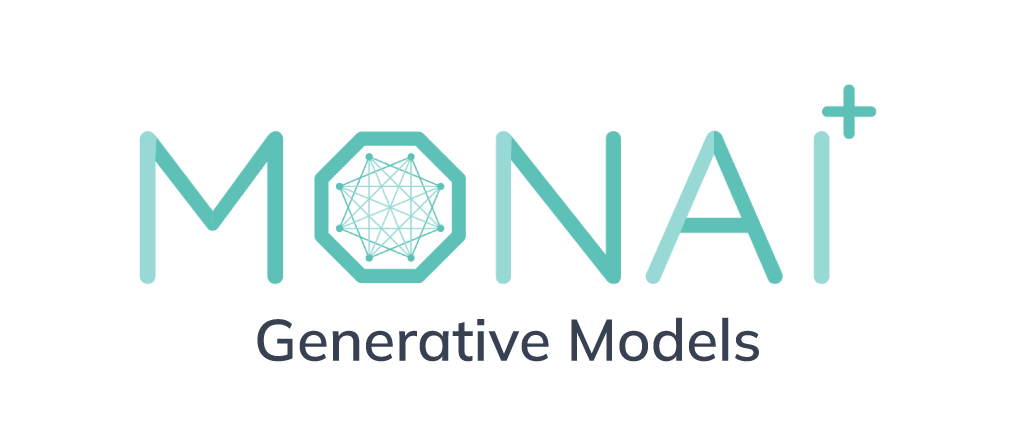Recent breakthroughs in generative artificial intelligence have sparked significant progress in various fields, particularly medical imaging. However, the complexity of these generative models poses challenges in practical application and reproducibility, hindering further advancements. In response, a group of researchers from esteemed institutions worldwide collaborated to create the MONAI Generative Models—an open-source platform designed to democratize the development and deployment of generative models. This platform promises standardized and accessible solutions, paving the way for new approaches in medical imaging.
Also Read: Amazon Vs Google Vs Microsoft: The Race to Revolutionize Healthcare with AI

A New Era for Medical Imaging: MONAI Generative Models
The MONAI Generative Models platform aims to simplify the building and utilization of generative models, making them more accessible for researchers and developers across various medical imaging applications. By providing a standardized framework, the platform encourages evaluating novel approaches and facilitates progress in the field.
Also Read: Machine Learning & AI for Healthcare in 2023
Versatility Demonstrated in Five Pioneering Studies
The research team conducted five comprehensive studies showcasing the potential of MONAI Generative Models across diverse medical imaging applications. These studies covered out-of-distribution detection, image translation, superresolution, and MRI reconstruction, demonstrating the platform’s adaptability to different modalities and anatomical regions in both 2D and 3D scenarios.
Also Read: Google’s Med-PaLM 2 to Be Most Advanced Medical AI

Expanding Boundaries with the Latent Diffusion Model
One of the state-of-the-art models featured in the MONAI platform is the Latent Diffusion Model. The researchers evaluated its performance with various datasets, reflecting diverse subjects with different body types and activities. This flexibility opens new possibilities for thorough comparisons and encourages innovation.
Also Read: Guide to Image-to-Image Diffusion: A Hugging Face Pipeline
Unleashing the Potential of Generative Models in Superresolution
MONAI Generative Models proved to be a powerful tool in superresolution applications, especially for 3D models. The platform showcased impressive superresolution capabilities by utilizing the Stable Diffusion 2.0 Upscaler method, significantly improving image clarity and quality.
Also Read: Stability AI’s Stable Diffusion XL 1.0: A Breakthrough in AI Image Generation
Reinventing Medical Imaging with AI
With successful tests in detecting out-of-distribution 3D imaging data and enhancing superresolution photos, MONAI Generative Models has showcased its immense potential in revolutionizing medical imaging. The platform’s adaptability and ease of use hold promise for applications like MRI reconstruction, opening new avenues for future advancements in medical AI.
Also Read: A Gentle Introduction to AI for Medical Imaging

Our Say
The MONAI Generative Models platform emerges as a groundbreaking innovation, democratizing the development and deployment of generative models in medical imaging. By simplifying the complex world of AI-driven medical applications, researchers and developers can now explore novel approaches and standardize their implementations. With its demonstrated success in diverse studies, the platform shows immense potential to revolutionize medical imaging, improving diagnostics, research, and patient care. As researchers continue to expand their capabilities and introduce new models, the field of medical AI is set to soar to unprecedented heights, ultimately benefitting humanity as a whole.





